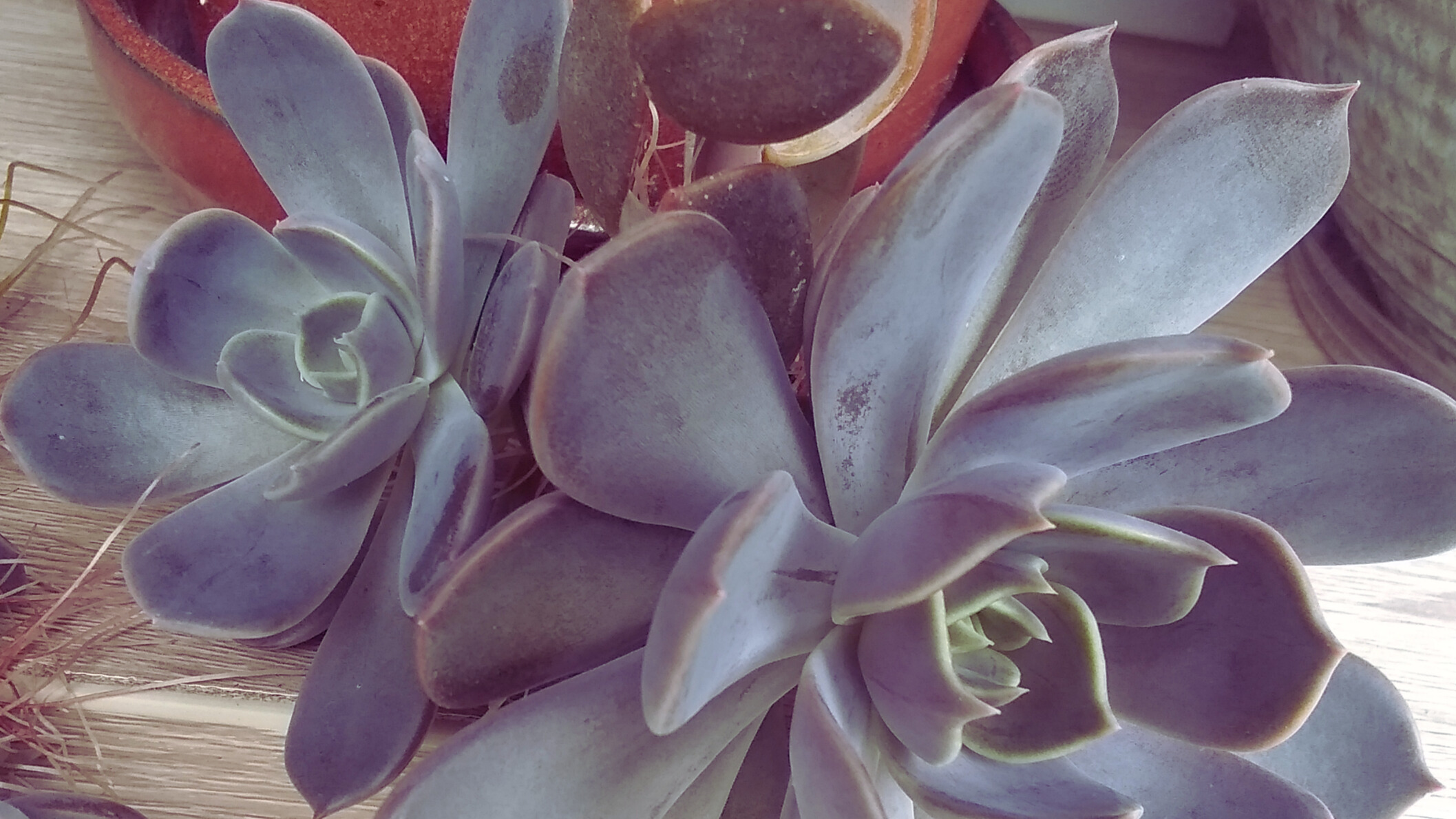Many times over the past two and a half years of recovery, I’ve thought about starting a blog or other outlet to share my story. The past three years have been dense with life experiences, and after a certain threshold, you want to share what you’ve learned with others. Although I’ve done a lot of reflection and writing during this time, I’m glad I waited to share until now.
Recovery isn’t linear
Recovery is anything but linear, and I’ve been through multiple fits-and-starts over the years, times when I got better or thought I was getting better, only to relapse physically or mentally.
I’m diagnosed with bipolar disorder, and my disorder emerged during a COVID infection that led to a host of physical symptoms, which we now know are consistent with long COVID. Having a dual emergence of a physical and mental health condition was overwhelming, confusing, and uncomfortable, to say the least. It was difficult to determine which symptom was from what, and how it all fit together.
A crisis feels like this
When this dual health crisis occurred in May 2022, it was like a bomb going off, obliterating all aspects of my life and health. In a short period of time, I lost my job, my apartment, most of my possessions, my physical health, my mental and emotional health, and many of my relationships. (Some of these I was able to go back and rebuild later.)
It was a long time before I could make sense of all this, not least because I continued to experience symptoms of mania and psychosis for weeks and months afterward. Much of the reflection, meaning-making, and writing of this time were tainted by the delusional and grandiose thinking that is characteristic of bipolar disorder. I also had extremely high anxiety at this time and symptoms of post-traumatic stress disorder from the harrowing events of my episode.
A bipolar diagnosis
Before going through all this, I had very little idea how bipolar worked and at the beginning, I was resistant to the diagnosis, mostly due to my own stigma. When mania and psychosis emerge during your early 30’s, the conclusion is more often than not bipolar disorder. But getting a proper diagnosis was complicated by two things. I was very tight-lipped with my providers at the hospital about what I had gone through in the preceding days and weeks, and I had COVID during my first episode. (There have been reports of people experiencing psychosis after a COVID infection.)
All this led to a delay in a bipolar diagnosis for over a year. In fact, it took another episode of mania with psychosis one year later, and two more hospital stays, to establish a pattern and a diagnosis.
What worked for me
Following trials with many different medications, we finally found something that worked for me about 18 months after my first episode. As my mental health improved, it became easier to manage and cope with my physical symptoms from long COVID. I had incredible support from my family, friends, and therapist during this time.
Two years after my first episode, I was awarded Social Security Disability, the first time I would have income since losing my job in May 2022. I was able to find independent housing and set up a life for myself. That was six months ago and ever since, I’ve been building a new routine while managing my health diagnoses.
Transition to stability
Transitioning from the uncomfortable and often turbulent first two years of my recovery into a more stable existence is a large reason why I’m able to start this blog now. The other times I thought about sharing my experience, I was still very much going through it. To put it simply, I’m well enough to do this now.
Despite the gains I’ve made, I also know that I have in no way reached an end point. Both my mental and physical health conditions are ones that will need to be managed for an indefinite amount of time. Bipolar is cyclical and I could always relapse, though the chances that it would be as extreme as the first two episodes are slim given the medication. Long COVID is even less understood, and for all I know, like bipolar, it could be a lifelong condition.
From stability blooms creativity
With that said, I’m well enough, stable enough, recovered enough to turn to a creative outlet for everything I’ve gone through the past few years. That in itself is a major milestone, even as I continue to be in maintenance mode for my health conditions. I’m still going through it in many ways, but I have the wisdom and knowledge I’ve gained with time and experience. I also have the basic supports I need to be able to turn to creativity. If I didn’t have an income and wasn’t housed and lacked the support of a caring community, I don’t think I would be able to do this.
It takes time to recover, even moreso to recover enough to share your experience. Whether it took me more or less time than other people, I don’t know, but I do know I’m in the right place at the right time. It couldn’t have happened any other way.
Have you gone through crisis and recovery and shared it with others? How does creativity show up in your recovery? Leave us a note in the comments below!


Leave a Reply